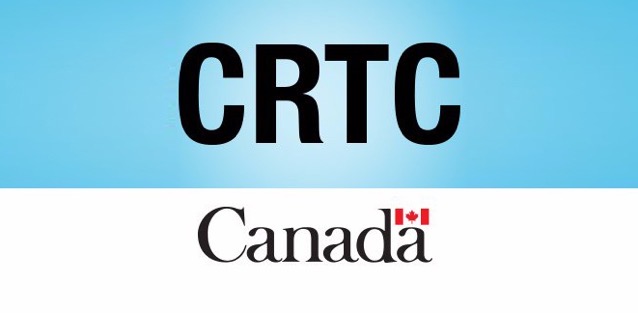
Feds Will ‘Listen to the Experts’ on Revised Broadcast Bill: Heritage Minister
 Following concerns that the federal government’s proposed Online Streaming Act comprises language that is too broad and gives too much power to the CRTC, Heritage Minister Pablo Rodriguez now says the government is willing to consider changes to the legislation — reports The National Post.
Following concerns that the federal government’s proposed Online Streaming Act comprises language that is too broad and gives too much power to the CRTC, Heritage Minister Pablo Rodriguez now says the government is willing to consider changes to the legislation — reports The National Post.
“Of course we’ll listen to the experts,” Mr. Rodriguez said in an interview. “We think that we got the right balance. If there’s anything that we have to do to make it more clear, I’m open to the idea.”
Earlier this month, Mr. Rodriguez tabled Bill C-11 — successor to the federal government’s Bill C-10, which failed to pass prior to the last election.
Much like its predecessor, Bill C-11 is an amendment to the Broadcasting Act designed to push taxes and CRTC oversight on all online video streaming services to ensure that they contribute to Canadian content like traditional broadcasters do.
Unlike its predecessor, however, Bill C-11 includes exceptions for non-commercial and user-generated content hosted by online platforms. The removal of these exceptions from Bill C-10 all but signed the legislation’s death warrant.
In its current condition, Bill C-11 says the Canadian Radio-television and Telecommunications Commission will only have dominion over commercial online content, but it leaves determining what qualifies as commercial content up to the commission (under government-recommended guidelines).
The legislation has invited criticism on several fronts for not being specific enough and giving the CRTC more regulatory authority than it is equipped to handle, over sectors it has no experience in. Michael Geist, Canada Research Chair in internet and e-commerce law at the University of Ottawa, said the language used in Bill C-11 equates to a “legislative pretzel.”
In the House of Commons on Wednesday, Conservative heritage critic John Nater argued the wording of Bill C-11 is “so broad that the government, through the CRTC, could once again regulate wide swaths of content uploaded to social media.” Mr. Nater said his party would bring forward “reasonable amendments” at committee.
Mr. Rodriguez said in an interview that the goal of Bill C-11 is “to exclude users. It’s only to include the big online streamers. And that’s it. So I think it’s clear, if it’s not clear enough, we’ll make it clearer.”
According to the Heritage Minister, the bill is not aimed at online influencers, even successful ones, and is instead meant to capture revenue-generating, commercial content, such as music on platforms like YouTube. “It would be mostly about the big labels … a streamer, even if you have a million people following and you have make a lot of money, I’m really super happy for you, and I hope you succeed, but this bill is not about you.”
Mr. Nater said in the House that the Conservatives are in favour of some parts of C-11 and want to see “major international companies pay their share and invest in Canadian content.”
“There is not the clear separation between professional and amateur content as envisioned by the minister in his comments on this bill,” he pointed out. “If we can remove part of that, if we can have a meaningful conversation about this at committee, I think there is much we can agree on.”

